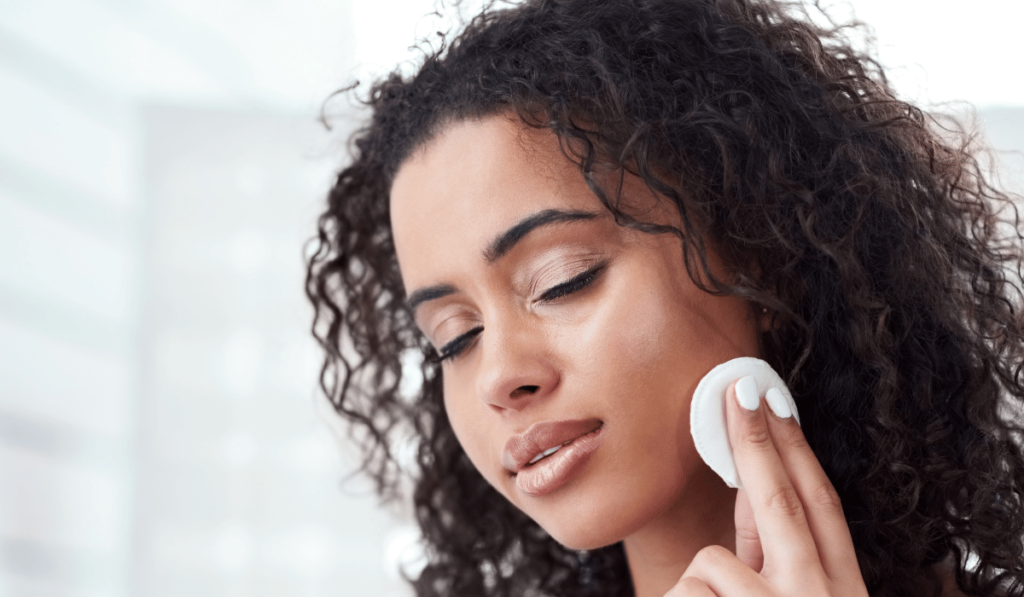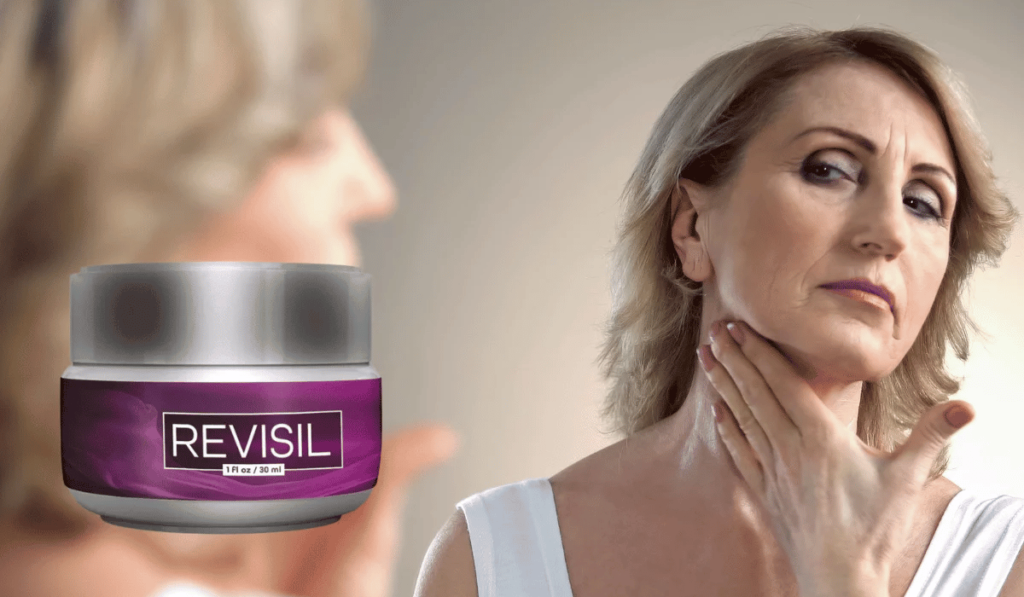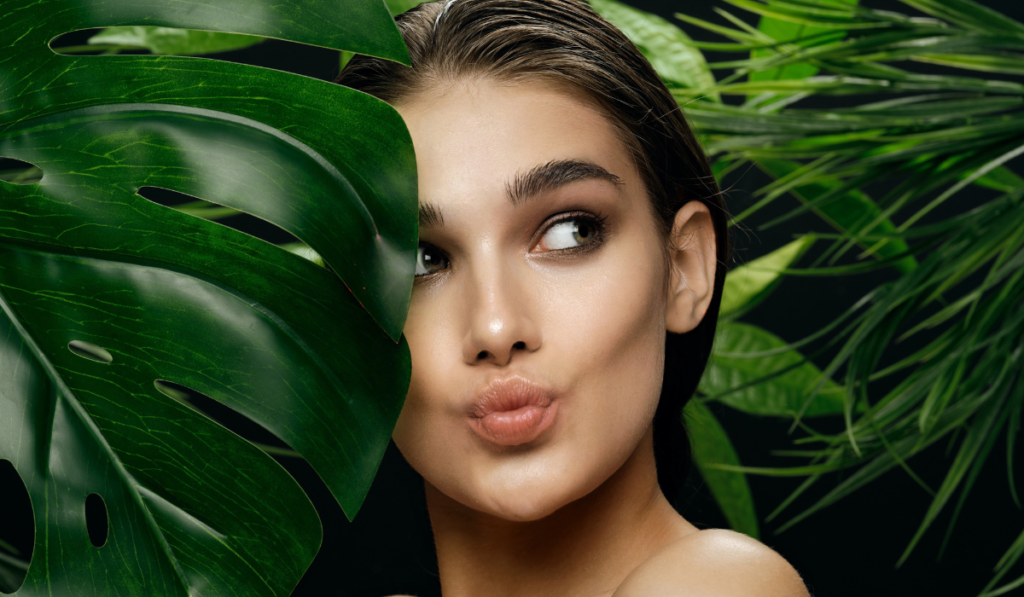Just as a key can unlock a hidden treasure chest, retinol can be the key to unlock youthful skin. Delving into the world of anti-aging skincare, it becomes evident why retinol reigns supreme. This powerful ingredient not only diminishes wrinkles and fine lines but also boosts collagen production, resulting in firmer, smoother skin. Discover the science behind retinol and why it should be a staple in your anti-aging skincare regimen.
The Science Behind Retinol
How Retinol Works on the Skin
A powerhouse ingredient in the world of skincare, retinol works by stimulating the production of new skin cells and increasing collagen production. One of its key actions is to increase the rate of skin cell turnover, which helps to reveal smoother, brighter, and more youthful-looking skin.
The Benefits of Cellular Turnover
The process of cellular turnover is imperative for maintaining healthy, radiant skin. Regular use of retinol can help to accelerate this process, resulting in a more even skin tone, reduced appearance of fine lines and wrinkles, and improved texture.
This increase in cellular turnover can also help to unclog pores, preventing breakouts, and minimizing the appearance of blemishes. By promoting the shedding of old, damaged skin cells, retinol can reveal fresher, more youthful skin underneath.
Retinol’s Anti-Aging Effects
Reducing Fine Lines and Wrinkles
Any skincare enthusiast knows that retinol is a powerhouse ingredient when it comes to reducing fine lines and wrinkles. Retinol boosts collagen production, plumping up the skin and smoothing out those pesky lines for a more youthful complexion. Incorporating a retinol serum or cream into your routine can help diminish the appearance of wrinkles over time.
Fading Age Spots and Hyperpigmentation
One of the remarkable benefits of retinol is its ability to fade age spots and hyperpigmentation, giving your skin a more even tone and texture. Whether it’s sun damage or post-inflammatory hyperpigmentation, retinol works to increase cell turnover, revealing fresher, more evenly pigmented skin over time.
Plus, by promoting exfoliation and skin cell turnover, retinol can help in unclogging pores and reducing acne breakouts, making it a versatile ingredient for not just anti-aging, but overall skin health.
Choosing the Right Retinol Product
Over-the-Counter Options
Little goes a long way when considering over-the-counter options for retinol products. Many over-the-counter retinol products contain lower concentrations of retinol compared to prescription-strength products. While this may be gentler on the skin, it can also take longer to see results. Look for products with at least 0.2% retinol for effective anti-aging benefits.
Prescription-Strength Retinol
An important aspect to consider when choosing prescription-strength retinol is that these products contain higher concentrations of retinol, which can lead to more visible results in a shorter period. However, they may also cause more skin irritation and sensitivity. It is important to consult with a dermatologist to determine the right concentration and formulation for your skin type.
Retinol remains one of the most effective ingredients for combating signs of aging. Whether opting for over-the-counter options or prescription-strength products, it is imperative to consider factors such as concentration levels, potential side effects, and desired outcomes. Understanding the differences between the two can help you choose the right retinol product for your anti-aging skincare regimen.
Common Misconceptions and Precautions
Debunking Retinol Myths
Many misconceptions surround the use of retinol for anti-aging. Some believe it thins the skin, making it more sensitive to the sun, or that it is only suitable for mature skin. However, these are just myths. Retinol actually thickens the skin over time, making it more resilient, and it can be beneficial for a wide range of age groups seeking to improve their skin’s texture and appearance.
Potential Side Effects and How to Minimize Them
For those considering using retinol for anti-aging, it’s imperative to be aware of potential side effects. Common side effects include dryness, redness, and peeling, especially during the initial stages of use. To minimize these effects, start with a low concentration of retinol and gradually increase frequency. Additionally, always use sunscreen during the day to protect your skin.
Precautions: When using retinol, it is crucial to avoid using it simultaneously with other exfoliating products to prevent irritation. It’s also advisable to consult a dermatologist before incorporating retinol into your skincare routine, especially if you have sensitive skin or existing skin conditions. Recall, patience is key when using retinol for anti-aging, as results may take time to show but can be highly rewarding in the long run.
Final Words
Following this informative read, it is clear that incorporating retinol into your skincare routine can significantly benefit your anti-aging efforts. With its proven track record of reducing wrinkles, improving skin texture, and promoting collagen production, retinol stands as a powerful ally in the fight against aging. Consider adding this potent ingredient to your regimen for a more youthful and radiant complexion. As Malcolm Gladwell would say, when it comes to anti-aging, the advantages of retinol are truly a tipping point worth exploring.
FAQ
Q: What is retinol and how does it work for anti-aging?
A: Retinol is a form of vitamin A that helps increase cell turnover, stimulate collagen production, and reduce the appearance of wrinkles and fine lines, making it an effective ingredient for anti-aging skincare.
Q: What are the benefits of using retinol for anti-aging?
A: Retinol can improve skin texture, reduce hyperpigmentation, unclog pores, and increase skin firmness, resulting in a more youthful and radiant complexion.
Q: How should I incorporate retinol into my skincare routine?
A: It is recommended to start with a low concentration of retinol to allow your skin to adjust, gradually increasing the frequency and strength as tolerated. Always use sunscreen during the day when using retinol, as it can increase sun sensitivity.
Q: Who can benefit from using retinol for anti-aging?
A: Retinol is suitable for most skin types, but individuals with sensitive skin may experience irritation. Consulting with a dermatologist before incorporating retinol into your routine is advisable, especially if you have any skin concerns or conditions.
Q: Are there any potential side effects of using retinol for anti-aging?
A: Common side effects of using retinol include dryness, redness, peeling, and sensitivity. These side effects are usually temporary and can be managed by adjusting the usage frequency or incorporating hydrating products into your skincare routine.





